What is Nigeria’s biggest problem? Ask 10 Nigerians and seven or eight will instantly tell you: corruption. It is a pre-recorded answer. Even though incompetence is as inimical to our development as corruption, looting plays the lead role in impeding our progress. Evidence: billions of dollars earned, billions of dollars spent — yet Nigeria is a study in epileptic electricity, dry refineries, rough roads, sick hospitals and failed schools. But government officials and their fronts and allies are having a ball, creating their own paradise right in our midst, flying around in jets — and, to add insult to injury, holding sex parties and wild weddings in Dubai at the slightest provocation. It is a country where public funds are openly and sadistically pilfered to fast-track personal prosperity.
This in-your-face attitude, or impunity, hurts me more than the corruption itself. As Beautiful Nubia, the poet, puts it: “Ka f’oju eni gbo’le, ka gba t’owo eni, ka tun bu’yepe si ni l’enu.” Literally, they rub your face in the ground, rob you of all your possessions and then stuff your mouth with sand. The roads are bad and rather than put them in shape, they would rather pile up the best SUVs money can buy so that they can expertly navigate the potholes. Sick hospitals? “Well, I’ll go treat my pimples in Germany.” Failed schools? “My kids go to Oxford.” Insecurity? “My house in the US does not even have a fence or a gate but it is safer than my Abuja fortress.” That’s our mentality.
Universally, Nigeria and corruption are treated as complementary words — just as you have pen and paper, shirts and trousers or husband and wife. So what are we supposed to do? Hate corruption. Wrestle it to the ground. That should go without saying. We should all be nauseated by the plundering of our resources through phantom or inflated contracts, wasteful spending, across-the-counter stealing, and such like. The election of President Muhammadu Buhari is supposed to be a signal of a new order in the anti-graft war, but I can see that Nigerians are already going back to their old, pro-corruption attitude to pre-empt and discredit a crackdown on bad behaviour.
Permit me the excesses of generalisation to say that while Nigerians like to mouth anti-corruption rhetoric, we are actually pro-corruption. We claim to hate corruption, but when people we sympathise with are called to account, we begin to stammer and resort to sentiments to justify corruption, while saying: “I’m not trying to justify corruption but…” But what? We whip up ethnic, religious, regional, legalistic or political sentiments and ignore the substance. Indeed, we have devised many pro-corruption responses which we try to intellectualise. The result is that this attitude encourages bad behaviour and provides incentives for its viral replication.
Advertisement
I can identify at least six pro-corruption devices which we regularly deploy to frustrate the anti-graft war. The first is what I call “Our Son Syndrome”. Put a Nigerian on trial for corruption and people suddenly start grumbling about the plight of “our son”. This message, often orchestrated, comes in form of visits by traditional rulers to key government officials as well as stage-managed public protests and a media campaign to defend “our son”. If someone is arrested for corruption today, rather than allow him to defend himself in court, it is the emirs and obas that will be making phone calls to the powers-that-be to get him released. And we say we hate corruption.
A second device is what I call “Ali Baba and the 40 Thieves”. This is a common refrain in Nigeria. We ask: “Is he the only one that stole? What about the others?” There is nothing wrong in asking why the dragnet is not wide enough. However, our argument, I suppose, should be: “Thanks for arresting Lagbaja. Now, go ahead and arrest Tamedun.” It sounds better to me than: “Leave Lagbaja alone. After all, Tamedun also stole.” There is no country in the world where all criminals are behind bars. No state has such a capacity. But while insisting that there should be no sacred cow, we should be excited by any attempt to fight corruption at all.
The third device is the cry of “political vendetta”. You know it: “It is because we are not in the same party”; “it is because I’m not in his faction”; “it is because my grandfather did not allow his granduncle to pluck mango from our yard”; “it is because I opposed fourth term”. The golden question, I suggest, should be: “Did you steal or not?” If you didn’t, the logical step is to clear your name in the court of law, not in the court of public opinion. Vendetta is very easy when you have soiled your hands. I do not, by any means, dismiss vendetta as a factor, but what about the substance of the allegation? The ultimate antidote to vendetta lies in clean hands.
Advertisement
The fourth pro-corruption device is this “forget the past” nonsense. Buhari fell into this trap early in his campaign, saying he was going to “draw a line”. Draw a line? Is he a cartoonist? You cannot be drawing lines when people have systematically destroyed this country and are enjoying the fruit of their looting. In the UK, people are currently being jailed for sexual offences committed in the 1970s and 80s — following the Jimmy Savile horror. Nigeria is a country where there is crime but there is no punishment. The Halliburton and Siemens cases have become history. The $16bn power expenditure probe of 2007 is now dead and buried. And we say we hate corruption.
I call the fifth device the “who is clean?” approach. This pro-corruption notion was nurtured over the years to put anti-corruption crusaders on the spot. If a suspect is on trial, we attack the prosecutor, campaigner or the president by cynically saying: “Are their own hands clean?” Theoretically, that is a very good question. But we cannot stretch it, if not there would be no imams or pastors. If a robber attacks you and a police officer comes to your rescue, you should not be asking if the officer himself had not robbed before. Let him save you first. Luckily, most of us agree that Buhari is above board, so this question may not be very popular in his era.
There is a sixth pro-corruption device. It is called “rule of law”. Former President Umaru Musa Yar’Adua destroyed the EFCC when he allowed his sponsors to humiliate Nuhu Ribadu out of office under the guise that Ribadu did not follow the rule of law. People don’t remember the law when they are stealing. But when you call them to account, they start waving the constitution in your face. For emphasis, I am for rule of law any day of the week; I was very critical of Ribadu on many occasions. Democracy thrives when there is due process. Not following due process is a licence to impunity, which I oppose with the whole of my soul.
However, those who shouted “rule of law” the loudest when they wanted to destroy the EFCC knew exactly what they were doing — and we played into their hands. They got what they wanted. After Ribadu’s ouster, subsequent EFCC chairmen learnt how to behave in line with the “body language” of the president. EFCC simply “fell off”, in the words of Hilary Clinton. Nonetheless, we can see that since Buhari came to power, Ibrahim Lamorde’s EFCC has some new energy. He does not need to take instructions from Buhari. He knows what the president stands for. He can see the “body language”. An appointee can only go as far as his principal wants.
Advertisement
Former President Olusegun Obasanjo — love him, loathe him — was willing to sacrifice his closest friends as scapegoats in the anti-graft war. He was selective, you would say, but he planted the fear of God in the hearts of many governors and ministers. Former President Goodluck Jonathan said he preferred an institutional process — which, again, is theoretically sound. The only problem is that it is human beings, not angels, that make up institutions. Institutions will not work on their own without the resolve of their operators. That is why the operators must hate corruption with perfect hatred — and enjoy an encouraging presidential “body language” as EFCC is doing now.
In conclusion, I want to say again that I support due process and hate selective justice. But I am guided first and foremost by the golden question: “Did you steal or not?” We lament that Nigeria is not like Canada but we are not ready to do things the way they do them in Canada. We love to say Rwanda is better organised than Nigeria, but ignore the fact that there is crime and punishment in Rwanda. How do we hope to progress by not following time-tested principles of national development? How long shall they loot our treasury while we stand aside and look? The “body language” of Nigerians must be anti-corruption, not pro-corruption.
AND FOUR OTHER THINGS…
DEBT TRAP
So after many governors had mismanaged our resources — mostly to finance elections — they’ve agreed to postpone the evil day. The National Economic Council (NEC) on Thursday resolved that existing loans should be restructured for at least 20 years while the new ones to clear salary arrears should be restructured for 15 years. They can choose either the bond option, at the market rate, or restructuring, at a single-digit rate. It looks like a good deal, but I worry that instead of inheriting savings, my children and your children will be paying off odious debts that served them little good. Unfair.
Advertisement
MOTIVATIONAL SPEAKERS
In February 2014, Air Chief Marshall Alex Badeh, freshly appointed chief of defence staff, promised to end Boko Haram by April 2014. That marked the beginning of the most brutal phase of the insurgency — and what a tragic irony that the Chibok girls were kidnapped that April. Badeh later said he was merely motivating his troops. Boko Haram seemed motivated instead. Major General Tukur Buratai, the new army chief, has also started “motivating” his troops, telling them he will so deal with Boko Haram that they will come soon “begging for peace”. Thereafter, the militants burnt his family house. Worrisome.
Advertisement
‘AMERICA WILL KNOW’
I can see that Nigerians were overly excited that President Muhammadu Buhari went to the US and had a good outing. However, let it be on record that I, Simon Gbenga Kolawole, was not part of the euphoria. I’ve seen this before. President Goodluck Jonathan went to the US in 2010 and had a good outing. At the end of the day, it is down to us, Nigerians, to make our country better. We have everything here to make Nigeria great. America will not come and develop our country for us. They can only help. We’re NOT their responsibility. Thanks.
Advertisement
FUEL SUBSIDIES
From August 1, 2015, the United Arab Emirates — third-biggest OPEC producer and second-biggest Arab economy — will stop subsidising petrol. In the face of falling crude oil prices, the government plans to diversify sources of income, strengthen the economy and increase its competitiveness, in addition to building a strong economy that is not dependent on government subsidies, an official said during the week. UAE’s subsidy budget of $29 billion will now finance this year’s budget deficit — their first since 2009. This is a country that refines oil sufficiently, manages its resources well and has $773 billion in sovereign wealth fund. Lessons.
Advertisement
5 comments

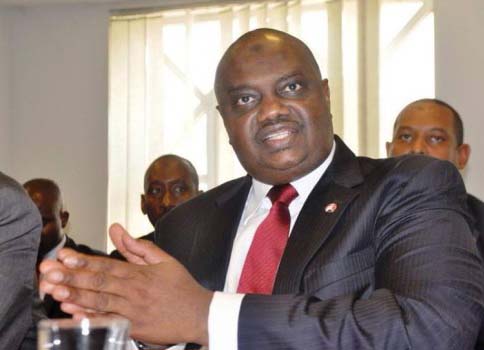
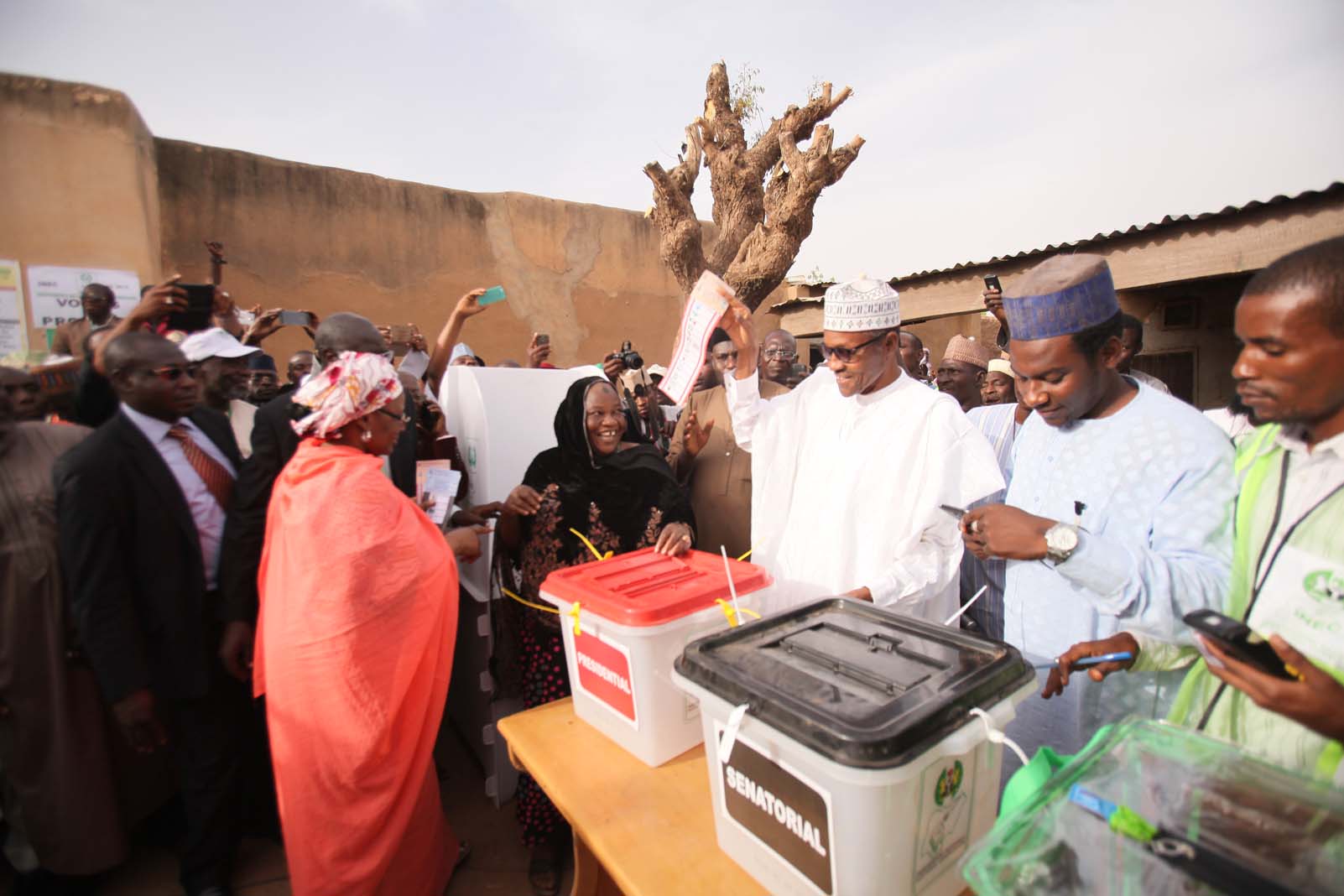
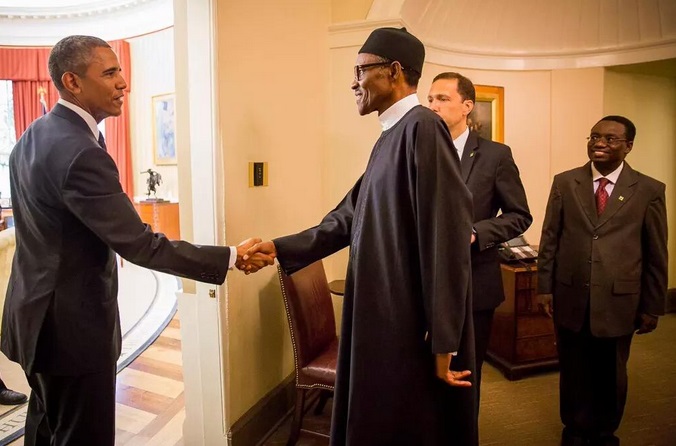
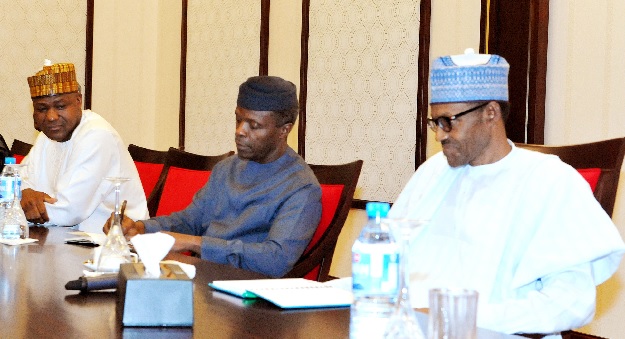

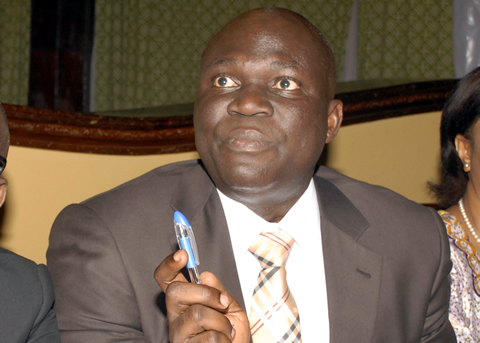
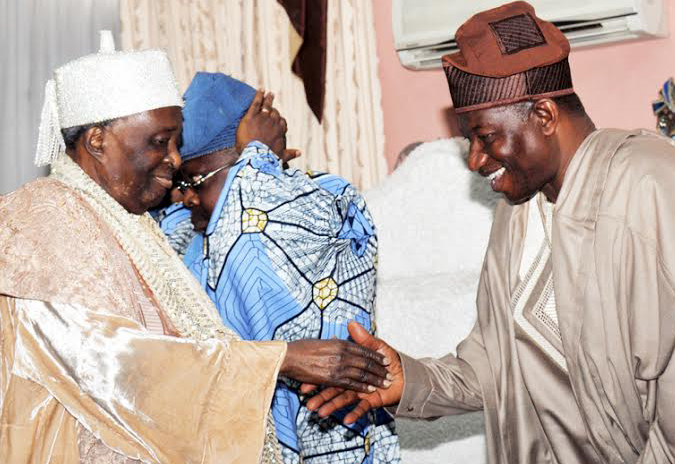
Good analysis.K
Corruption is bad of anyone even corrupt acts committed of your children are disgraceful. When a regime sets out to fight corruption it must do so transparently and credibly not to clandestinely recover some and fails to disclose it to the owners of the money, the Nigerian people, that is not only hypocritical, it amounts to “double corruption”. Particularly bearing in mind that they have not published their assets and I think the motif must be to unlawfully enrich their themselves, their large and extended families.
Those who think they are born to ruin and run doubly corrupt regimes should know that Washington is watching. Their honeymoon with the Western World may be over, yet will be held to account for misdeeds.
This is a masterpiece. Good job! it is my prayer that God Almighty will continue to enrich your knowledge and wisdom.i believe that this movement can start by spreading this message. how we, as individual can stand up against hydra- headed, called corruption by educating our unsuspected illitetrates in our society, and mount opposition to many educated illitetrates who are in the vanguard of these pro- corruption slogans/ devices that you have enlisted in your write-up. it is my believe that we have started. Let’s enjoy the ride!
Brilliant article Sir… May God continually inspire you with the Grace of objective and accurate political diagnosis and analysis of our beloved country. God bless Nigeria.
Dear Uncle Simon,
Permit me to say that, the six reasons pointed out by you as why WE are pro-Corruption are right; by general conception atleast. But….
Who are WE?, The elite ? or us the masses ?.
True, I might categorize: political vendetta, Rule of law, our son syndrome – to a greater extent, Forget the past ( Cartoonist our leaders are not, as you say [ smile ] ) are referring to WE – the elite. Who is clean and to a considerable extent Our son syndrome; in the form of regional affiliation and, Ali Baba’s are reasons why Masses are pro- Corruption. Why I’m saying all this ?
When writing, considered us – the students – as your audience; not those respectable older one’s. The reason is, From where i’m considerable number in my neighborhood expected me to answer some questions regarding contemporary vices and issues, failing to answer those questions with enough reason is bad for my image, my college and YOU, the quality of my education and the Nation at large . Yes YOU – uncle Simon – after all you’re a journalist ( Among my favorite by the way )…For I believed it’s a high time that your’ focus be on those ‘ middle masses ‘ that conveyed your messages to the other sides if the masses.